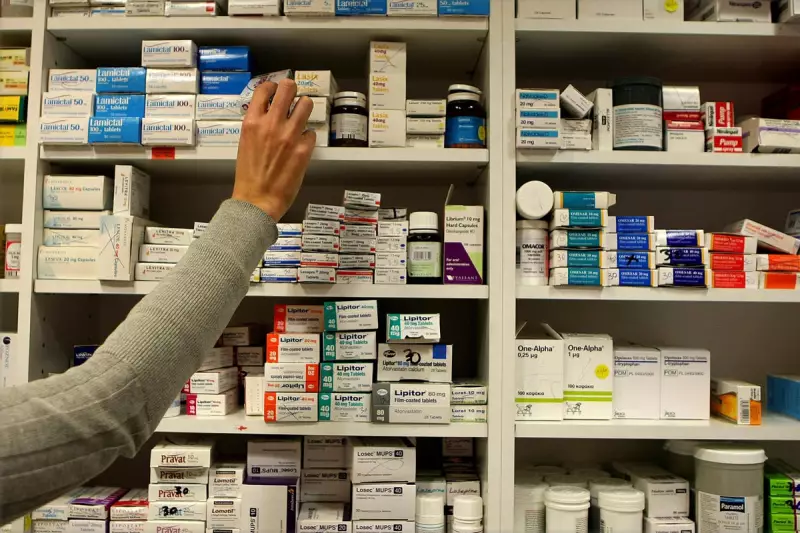
The National Health Service faces a potential financial crisis if Donald Trump returns to the White House and implements his proposed tariff policies, health experts have warned.
The Tariff Threat to Medicine Supplies
According to recent analysis, Trump's plan to impose blanket tariffs on all imports could increase the cost of NHS medicines by billions of pounds annually. The former president has floated the idea of implementing a 10% universal tariff on all goods entering the United States, which would include pharmaceutical products manufactured in the UK and Europe.
How NHS Drug Procurement Works
The NHS, as one of the world's largest purchasers of medicines, currently benefits from carefully negotiated drug prices. However, this complex system could be severely disrupted by new transatlantic trade barriers.
Key concerns include:
- Increased costs for generic and branded medications
- Potential supply chain disruptions for vital treatments
- Reduced bargaining power in international drug negotiations
- Possible rationing of newer, more expensive treatments
The Billion-Pound Question
While exact figures remain uncertain, health economists suggest the additional costs could run into billions of pounds each year. This comes at a time when the NHS is already facing significant budgetary pressures and growing waiting lists.
One industry insider noted that "the ripple effects of these tariffs would be felt throughout the entire healthcare system, from hospital pharmacies to local GP practices."
Broader Implications for UK Healthcare
The potential price increases extend beyond prescription medications. Medical devices, equipment, and research materials imported from the US could also become more expensive, further straining NHS resources.
Healthcare leaders are urging the government to develop contingency plans should Trump win the upcoming election and follow through on his tariff proposals. The situation highlights the vulnerability of global medical supply chains to political changes in key trading partners.





